May 6, 2025 | 15:38 GMT +7
May 6, 2025 | 15:38 GMT +7
Hotline: 0913.378.918
May 6, 2025 | 15:38 GMT +7
Hotline: 0913.378.918
In order to improve the quality of Vietnamese beef, the Ba Vi Cattle and Grassland Research Center has entered into a cooperation agreement with the Ile-de-France Chamber of Trade and Crafts (CMA IDF). This agreement is a component of the "Hygiene Training for Cattle Farmers" project, which is to establish an intensive training course on livestock hygiene in Hanoi.

Signing ceremony of cooperation agreement between Ba Vi Cattle and Grassland Research Center and CMA IDF on April 3 in Ba Vi, Hanoi. Photo: Minh Ha.
The project's goal is to enhance the competitiveness of producers in the face of increasing integration and pressure from imported goods, while simultaneously ensuring the food safety and quality of local beef products. The two parties will work together to enhance the quality, competitiveness, and sustainability of the local beef industry in accordance with the agreement. The initiative, in particular, utilizes French expertise to assist farmers. Strengthening technical capacity, establishing strategic partnerships between producers and hospitality businesses, and implementing a cold-chain meat aging process are among the primary objectives.
Dr. Ngo Dinh Tan, Director of the Ba Vi Cattle and Grassland Research Center under the National Institute of Animal Science (Ministry of Agriculture and Environment), commented on the practices of cattle farming and beef processing, stating that "there is no fixed standard in cattle farming and beef processing, so the procedures we follow are primarily based on the results of repeated trials." This is the reason we aspire to acquire knowledge and skills from the standardized French practices.
Experts from CMA IDF will direct a five-day certified training course as part of the collaboration. The training program will encompass a wide range of subjects, including the practical requirements of local farmers, slaughtering techniques, hygiene, and processing methods, as well as the commercialization of beef in accordance with French standards.

Cooperation between the Ba Vi Cattle and Grassland Research Center and the Chamber of Commerce and Industry of Ile-de-France (CMA IDF) aims to improve local cattle breeding technical capacity. Photo: Minh Ha.
The Center is instrumental in the project's implementation, from the recruitment of learners and market analysis to the extensive promotion of the training programs. This guarantees that the initiative is accessible and participatory for farming households and enterprises in the industry.
Dr. Ngo Dinh Tan expressed his optimism that this certified training course will satisfy the increasing demand for specialization in Vietnam's meat industry. The objective is to fortify the professional knowledge base of livestock producers and industry operators, ensure compliance with hygiene standards, and enhance technical capacity.
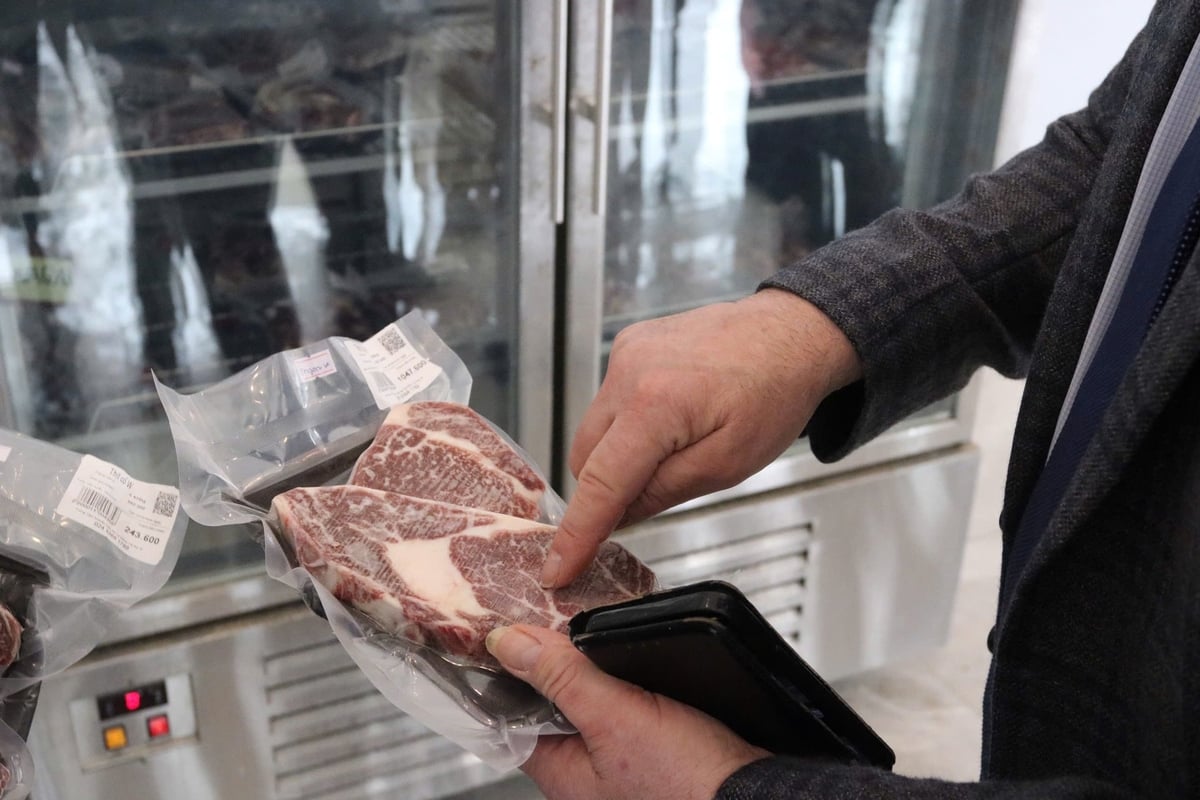
Cooperation towards improving beef processing techniques, cold processing and cooking meat according to the French model. Photo: Minh Ha.
Currently, a significant number of Vietnamese workers are employed in the cattle industry abroad, but many of them do not satisfy the necessary professional certification standards, as per Dr. Tan. Consequently, the initiative not only enhances the competitiveness of Vietnamese workers in the global labor market but also offers them the opportunity to receive formal training that adheres to international standards, thereby supporting domestic farmers.
Mr. Francis Bussiere, President of CMA IDF, pledged to maintain a close relationship with the center in order to optimize the project's efficacy. He emphasized that both parties will routinely monitor progress, share results, and adapt strategies flexibly to ensure that the training delivers the greatest benefit to Vietnamese farmers.
Implementing cattle farming and beef processing standards based on the French model will not only improve product quality but also open up significant opportunities for Vietnam’s livestock industry in an era of international integration.
Translated by Linh Linh
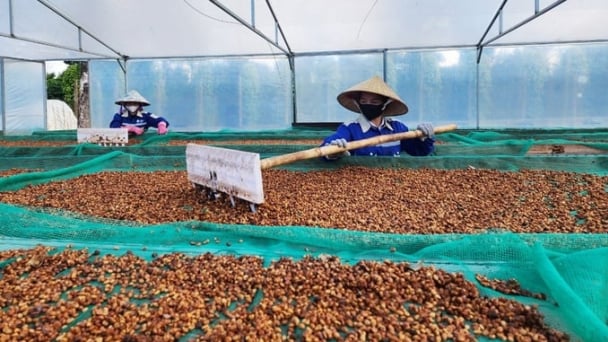
(VAN) Agricultural models supported by Australia, utilizing advanced technologies and innovative farming practices, have demonstrated noticeable improvements in productivity, efficiency, and sustainability.
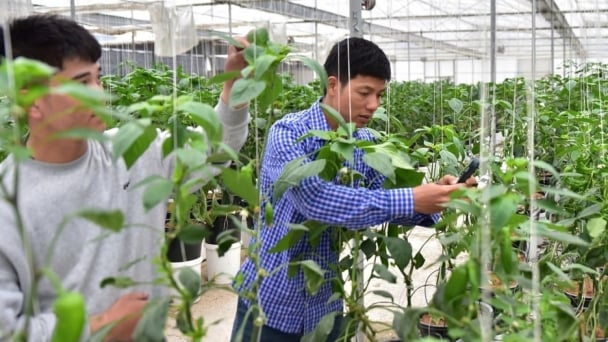
(VAN) The Smart Farming for the Future Generation project supports local farmers in releasing natural enemies to promote sustainable and environmentally friendly farming.
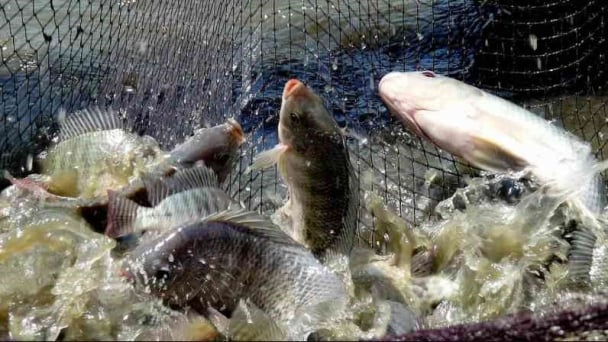
(VAN) Mr. Tran Dinh Luan said that tilapia is entering a favorable phase, opening up opportunities to develop a value chain and increase seafood export value.
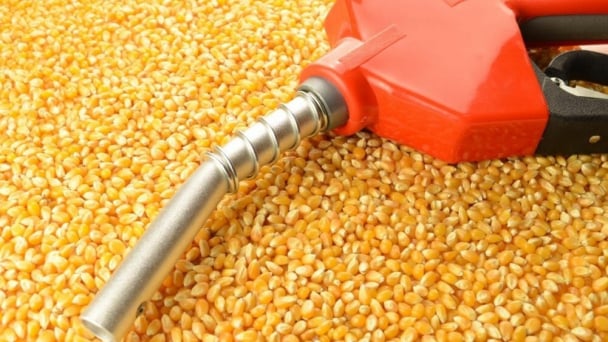
(VAN) More African countries have mandated the implementation of policies backing the blending of ethanol in gasoline as the continent invests in projects promoting new industrial uses for locally produced grains.
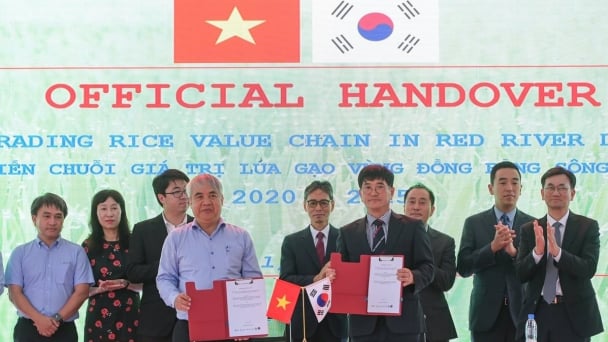
(VAN) On 28 April, Korea officially transferred the Upgrading Rice Value Chain in Red River Delta project to Vietnam, marking five years of successful cooperation in agricultural development between the two countries.
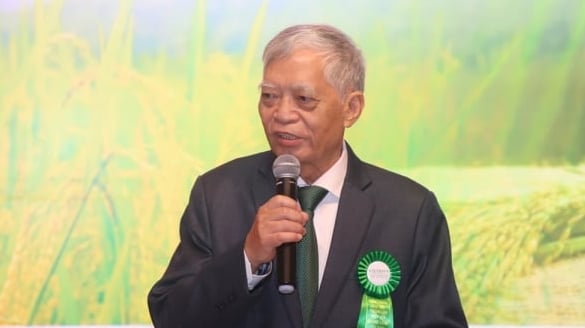
(VAN) Dr. Bui Ba Bong affirmed that the 1 million hectares of high-quality, low-emission rice project aims at increasing farmers' income.
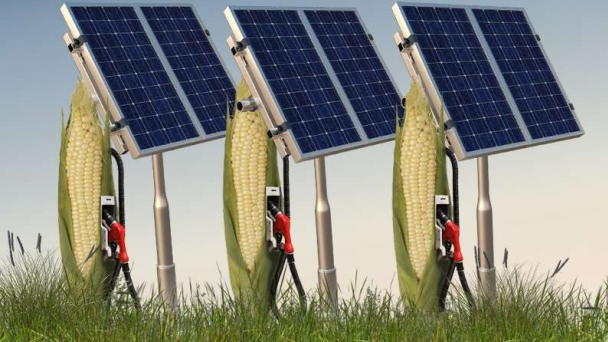
(VAN) In fact, it would require about 31 hectares of corn ethanol to produce the same amount of energy generated by one hectare of land covered in solar panels.